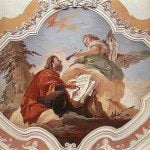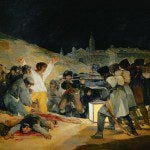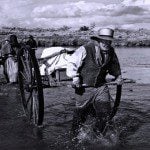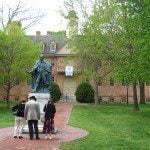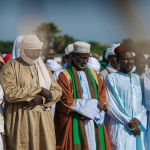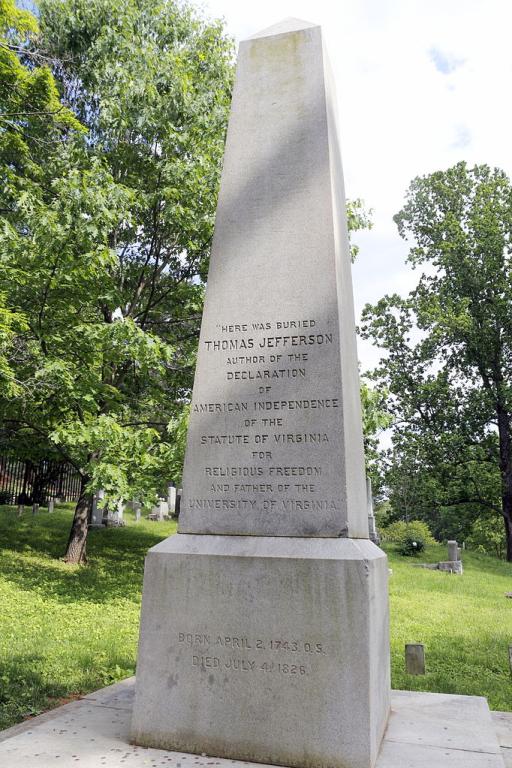
(Image from Wikimedia Commons)
I can scarcely imagine the depth of the grief of the parents of a murdered child. But, if anything, I find it even more difficult to imagine the anguish and pain that must almost certainly be felt by the parents of the murderer.
In any event, this is a remarkable — and, ultimately, a comforting and inspiring — story:
***
Leaders of the Church of Jesus Christ of Latter-day Saints, along with other religious leaders, continue to be concerned about threats to religious liberties in the United States. And, in my opinion, justifiably so.
This article suggests yet another reason for such concern:
“Millennials approve of religious freedom as a choice, but don’t know what it means”
***
Here’s an interesting piece:
“Good Deeds Done by Christians Often Go Unseen”
I have somewhat ambivalent feelings about it.
On the one hand, we’re not to take glory to ourselves for any good things that we do:
Take heed that ye do not your alms before men, to be seen of them: otherwise ye have no reward of your Father which is in heaven. Therefore when thou doest thine alms, do not sound a trumpet before thee, as the hypocrites do in the synagogues and in the streets, that they may have glory of men. Verily I say unto you, They have their reward. But when thou doest alms, let not thy left hand know what thy right hand doeth: That thine alms may be in secret: and thy Father which seeth in secret himself shall reward thee openly.
And when thou prayest, thou shalt not be as the hypocrites are: for they love to pray standing in the synagogues and in the corners of the streets, that they may be seen of men. Verily I say unto you, They have their reward. But thou, when thou prayest, enter into thy closet, and when thou hast shut thy door, pray to thy Father which is in secret; and thy Father which seeth in secret shall rewardthee openly. (Matthew 6:1-6)
On the other hand, the Savior wants the fruits of Christian discipleship to be so visible that they will attract others to him:
Ye are the light of the world. A city that is set on an hill cannot be hid. Neither do men light a candle, and put it under a bushel, but on a candlestick; and it giveth light unto all that are in the house. Let your light so shine before men, that they may see your good works, and glorify your Father which is in heaven. (Matthew 5:14-16)
I reconcile the two principles this way:
We should not seek personal glory for doing good.
After all, as King Benjamin taught, “when ye are in the service of your fellow beings ye are only in the service of your God,” and yet, “if ye should serve him with all your whole souls yet ye would be unprofitable servants” (Mosiah 2:17, 21).
But we should be happy when people recognize the goodness of the Gospel and of the Lord’s Kingdom, the Church. We can hope that, seeing it, they will want to be part of it:
The word that Isaiah the son of Amoz saw concerning Judah and Jerusalem.
And it shall come to pass in the last days, that the mountain of the Lord’s house shall be established in the top of the mountains, and shall be exalted above the hills; and all nations shall flow unto it. And many people shall go and say, Come ye, and let us go up to the mountain of the Lord, to the house of the God of Jacob; and he will teach us of his ways, and we will walk in his paths: for out of Zion shall go forth the law, and the word of the Lord from Jerusalem.
And he shall judge among the nations, and shall rebuke many people: and they shall beat their swords into plowshares, and their spears into pruninghooks: nation shall not lift up sword against nation, neither shall they learn war any more. (Isaiah 4:1-2)



